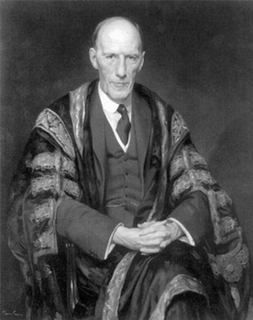A Quote by Edward Bulwer-Lytton, 1st Baron Lytton
Keep we to the broad truths before us; duty here; knowledge comes alone in the Hereafter.
Related Quotes
The attainment of knowledge is the high and exclusive attribute of man, among the numberless myriads of animated beings, inhabitants of the terrestrial globe. On him alone is bestowed, by the bounty of the Creator of the universe, the power and the capacity of acquiring knowledge. Knowledge is the attribute of his nature which at once enables him to improve his condition upon earth, and to prepare him for the enjoyment of a happier existence hereafter.
It is well, when the wise and the learned discover new truths; but how much better to diffuse the truths already discovered, amongst the multitude! Every addition to true knowledge is an addition to human power; and while a philosopher is discovering one new truth, millions may be propagated amongst the people. Diffusion, then, rather than discovery, is the duty of our government.
From inability to let well alone; from too much zeal for the new and contempt for what is old; from putting knowledge before wisdom, science before art and cleverness before common sense; from treating patients as cases; and from making the cure of the disease more grievous than the endurance of the same, Good Lord, deliver us.
Jesus Christ doesn’t just give us truths; he is the truth. Jesus Christ is the prophet to end all prophets. He gives us hard-copy words from God, truths on which we can build our lives, truths we have to submit to, truths we have to obey, and truths we have to build our lives on, but he himself is the truth.
There are several kinds of truths, and it is customary to place in the first order mathematical truths, which are, however, only truths of definition. These definitions rest upon simple, but abstract, suppositions, and all truths in this category are only constructed, but abstract, consequences of these definitions ... Physical truths, to the contrary, are in no way arbitrary, and do not depend on us.
In law, as in every other branch of knowledge, the truths given by induction tend to form the premises for new deductions. The lawyers and the judges of successive generations do not repeat for themselves the process of verification any more than most of us repeat the demonstrations of the truths of astronomy or physics.






































